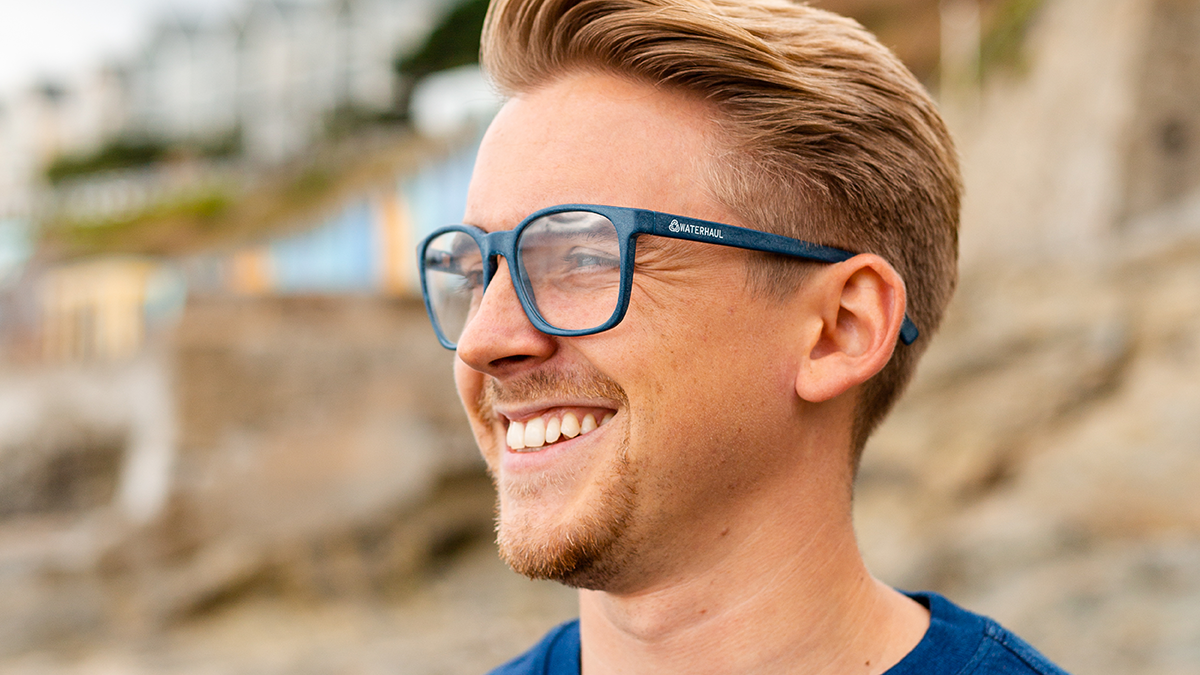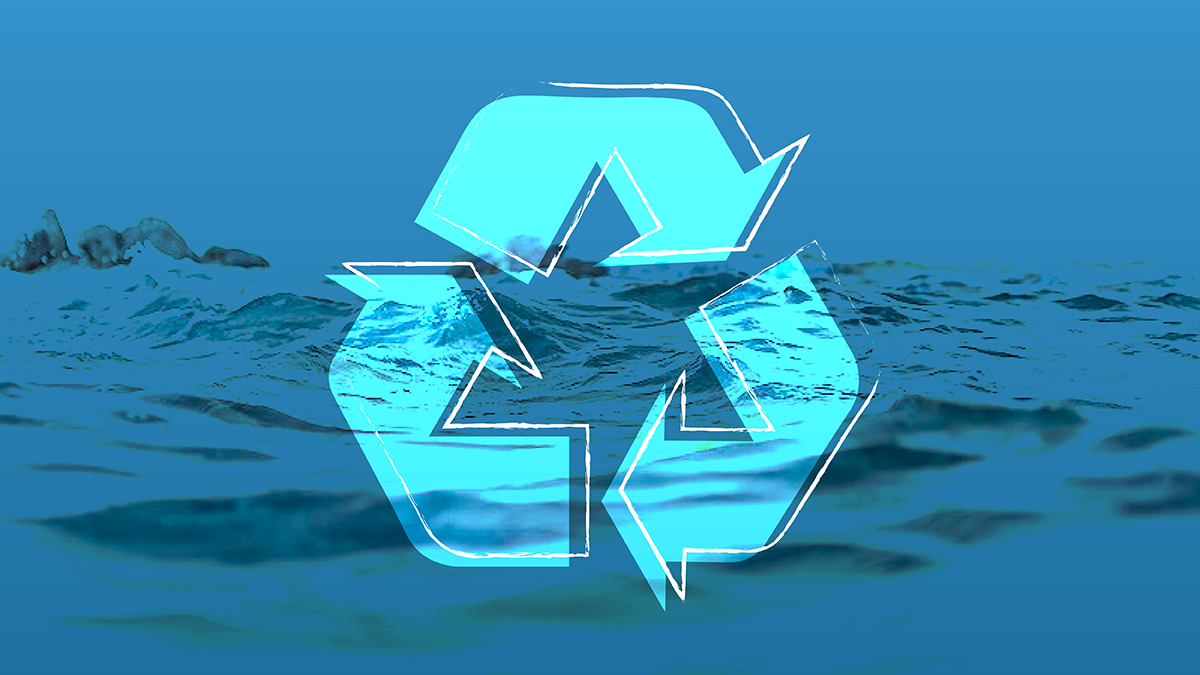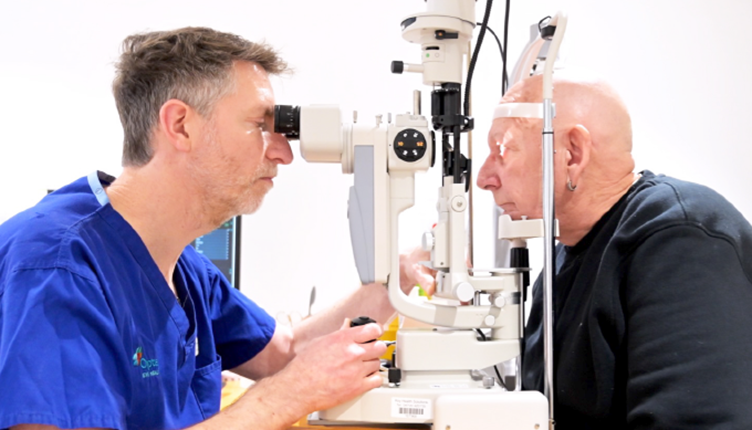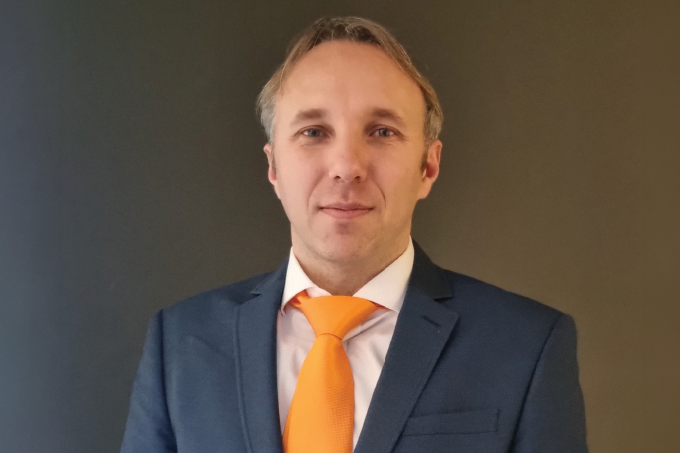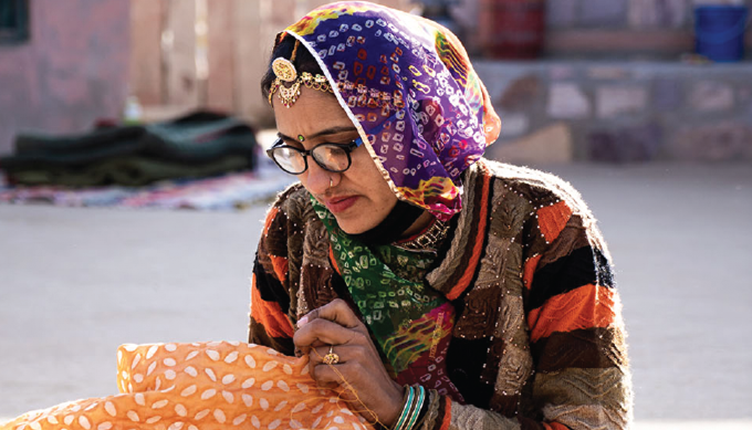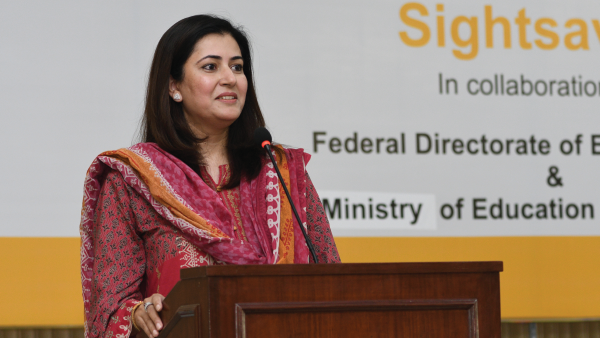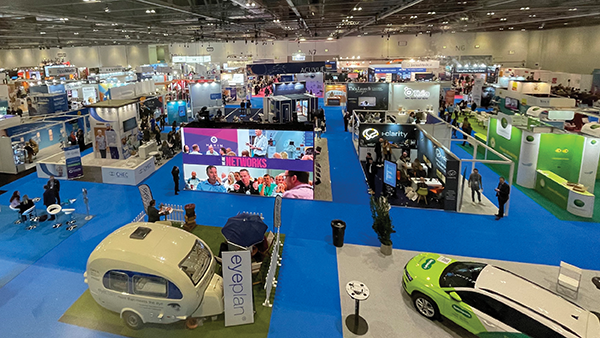In It for the Long Haul?
Meet Waterhaul – the Cornish eyewear company looking to redefine what it means to be sustainable
Though initiatives like plastic neutrality can help mitigate the environmental impact of a company’s plastic usage, it doesn’t proactively address the issue of plastic pollution. Waterhaul – an eyewear company based in North Cornwall – are seeking to redress this balance by removing “ghost gear” (which, for any non-fisherman, is lost and discarded fishing equipment – and the most abundant type of macro-plastic in the ocean) from the UK shoreline. The New Optometrist caught up with Waterhaul’s Kieran Hill to discuss the company’s history, its self-eradicating mission statement, and what it means to be genuinely sustainable in the modern world.
Describe Waterhaul…
Waterhaul is a purpose-driven brand that tackles the most harmful and abundant form of ocean plastic pollution – ghost gear – and not only removes it but also to repurpose that waste material, revaluing it and turning it into part of the solution.
What led the company into eyewear?
In short, eyewear connects people with our mission, while spreading our story. Sunglasses and frames act as a perfect driver for what we want to achieve in terms of making people think about the ocean. And because they are also a highly visible fashion item – literally in your face – they’re a great conversation starter.
Sunglasses are a high-value product that people want to look after. By introducing a lifetime warranty on our frames, we’re creating a circular solution – any damaged and end-of-life frames that are beyond repair go straight back into our supply chain. Again, wearers know they’re going to have essentially one pair of sunglasses for the rest of their lives – and, therefore, no longer part of the eyewear industry’s waste problem.
The company’s founders previously worked at Surfers Against Sewage (SAS). How did this experience inform Waterhaul’s mission?
Based in Cornwall and with great access to beaches and surf, it’s probably no surprise that the co-founders are surfers. And they recognised ghost gear as a problem in their “playground.” Through their work with SAS, they were given a look at the back end of that issue. For example, Harry Dennis was focusing on the legislation side of things, trying to understand the data behind ghost gear. He found it strange that ghost gear was regarded as the most harmful and abundant form of ocean plastic, yet no one was really talking about it. And then our other co-founder, Gavin Parker, was in SAS working on the Plastic Free Communities campaign. He saw how powerful community engagement could be – and recognised its potential from a business perspective.
You’ve said you don’t feel altogether comfortable with the term “sustainable brand” – why is that?
Technically, if you’re a company that uses plastic based materials – whether that’s in the frames or the lenses – can you really call yourself sustainable? Because if something’s sustainable, it means it can continue over an indefinite period of time; and realistically, we need to reduce our plastic production – not just find resourceful ways of repurposing whats out there. We’re set up to tackle a specific problem: ghost gear. But because our products are made 100 percent manufactured from that material, if we were to label ourselves a “sustainable brand,” we are essentially wishing for our source material to be sustainable. But the truth is, we don’t want to exist we simply need to right now – and that’s not something you’d hear many brands say!
We regard ourselves as an “ocean positive” brand. I think the term “sustainability” needs to be used more carefully. And we do try to stay away from that term when we engage with people at trade shows or in conversations; fundamentally, we are tackling a problem that we hope to eradicate one day.
What differentiates you from other eyewear brands?
Well, we’re the only brand that directly recovers and recycles the plastic going into their frames themselves. I’d also say we have a level of circularity that, to our knowledge, is unmatched; any frame that is damaged beyond repair can go back into our supply chain.
Also, we use mineral glass lenses, which are infinitely recyclable and considered to be the absolute pinnacle of quality in the industry, unlike 98% of the market, that use lenses containing virgin plastic which currently don’t have a very viable end-of-life solution.
How do you ensure your supply chain is transparent?
If we collect a net from a given beach, it is sorted at our facility in Cornwall. The sorted material is handed off to our partner in the UK, who processes the collected plastic into pellets. The pellets go to our partner in Italy who manufactures the frames, and then the frames are sent to our lens manufacturer – again in Italy. The finished product is sent back to us in Cornwall where we hand-quality control each pair.
So right now, our supply chain after the material collection side is really open, because we don’t have many moving parts. But what makes us really unique is the first stage, which is the material collection and processing. We’re trying to bring all of that in-house; rather than sending material to our recycling partner, for example, we’ll start doing batch recycling at a facility in Cornwall. Once we’re at that stage, we can add another level of transparency and traceability into each and every product.
Does Waterhaul work with opticians and optometrists in any capacity?
We’re currently working with a range of independent opticians, and we have plans to expand this. We are working on becoming more accessible for opticians – expanding the range slightly and making tweaks to our B2C options that will make us more presentable to opticians. The opticians we work with today are fully behind us and they really love the product. So it’s now about scaling that up – and that’s what we’re aiming for next year.
The New Optometrist Newsletter
Permission Statement
By opting-in, you agree to receive email communications from The New Optometrist. You will stay up-to-date with optometry content, news, events and sponsors information.
You can view our privacy policy here
Most Popular
Sign up to The New Optometrist Updates
Permission Statement
By opting-in, you agree to receive email communications from The New Optometrist. You will stay up-to-date with optometry content, news, events and sponsors information.
You can view our privacy policy here
Sign up to The New Optometrist Updates
Permission Statement
By opting-in, you agree to receive email communications from The New Optometrist. You will stay up-to-date with optometry content, news, events and sponsors information.
You can view our privacy policy here
